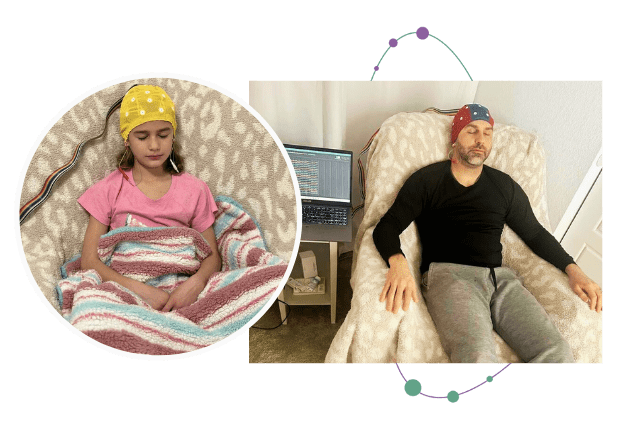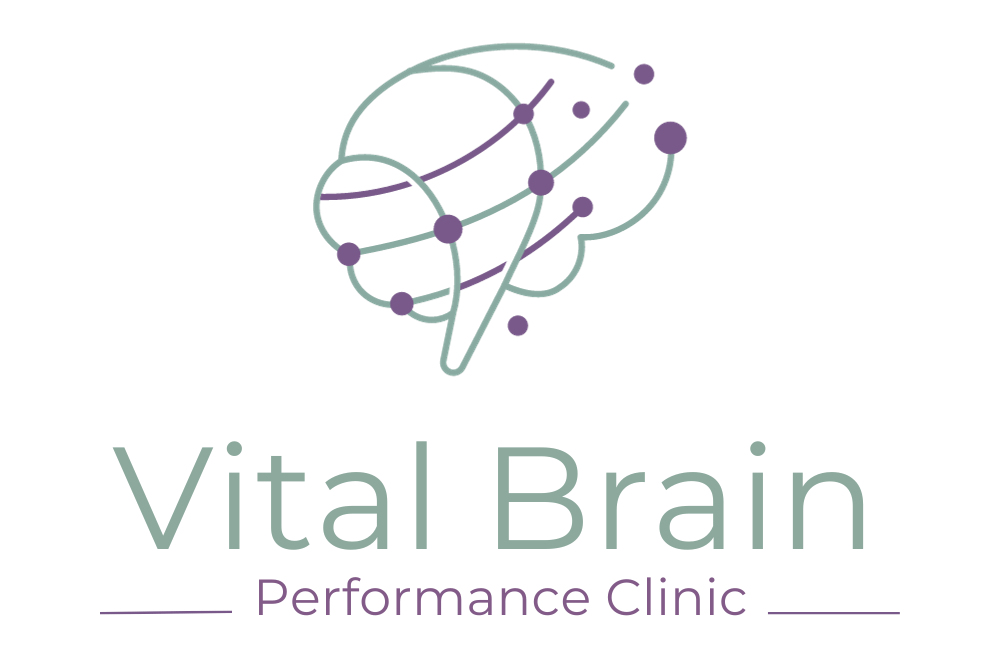Depression is a debilitating condition that affects millions of people worldwide. While medication remains a common approach, many individuals seek alternative or complementary therapies for managing their symptoms. Neurofeedback is emerging as a promising option, offering a non-invasive and drug-free approach to alleviate depression symptoms and improve mood.
Understanding Neurofeedback: How It Works to Alleviate Symptoms of Depression

Neurofeedback is a form of biofeedback that utilizes real-time brainwave monitoring. Here’s a breakdown of the process:
- Sensors: Electrodes are placed on your scalp to measure brainwave activity.
- Real-Time Feedback: The brainwave activity is translated into visual or auditory signals presented to you in real time.
- Training Your Brain: By observing these signals, you learn to self-regulate your brainwave activity.
For depression, neurofeedback typically focuses on regulating specific brainwave patterns. Increased beta and decreased alpha waves have been linked to depressive symptoms. By learning to increase alpha activity and decrease beta activity, neurofeedback aims to:
- Promote Relaxation: Enhanced alpha waves are associated with a more relaxed and calm state of mind.
- Improve Emotional Regulation: Neurofeedback training can help regulate emotional responses, reducing negative thought patterns and emotional reactivity.
- Boost Focus and Concentration: Improved brainwave regulation can lead to better focus and concentration, which can be challenging for those struggling with depression.
Research Insights: Evidence Supporting the Efficacy of Neurofeedback
The scientific landscape surrounding neurofeedback’s effectiveness in treating depression is robust and continually evolving. Numerous studies have underscored its potential as a complementary or standalone therapy for individuals struggling with depression, anxiety, and ADHD.
One notable study published in the Journal of Affective Disorders found that participants who received neurofeedback reported significant reductions in depressive symptoms compared to those in the control group. These improvements were sustained over time, highlighting the long-term benefits of neurofeedback interventions.
Another compelling study, featured in the Journal of Neurotherapy, examined the impact of neurofeedback on adolescents with comorbid depression and ADHD. Results revealed marked improvements in mood regulation and attentional control, suggesting that neurofeedback holds promise for addressing complex mental health challenges in younger populations.
Beyond clinical trials, real-life testimonials further underscore neurofeedback’s transformative potential. Countless individuals have shared their stories of resilience and recovery, citing neurofeedback as a catalyst for positive change in their lives.
If you’re struggling with depression and seeking alternative treatment options, neurofeedback is worth exploring. Discuss it with your doctor or mental health professional to determine if it might be a suitable choice for you. Keep in mind that you deserve to feel better, and neurofeedback offers a promising path toward achieving an improved mood and a brighter outlook. Contact Vital Brain Performance Center and start your journey towards a brighter tomorrow.




